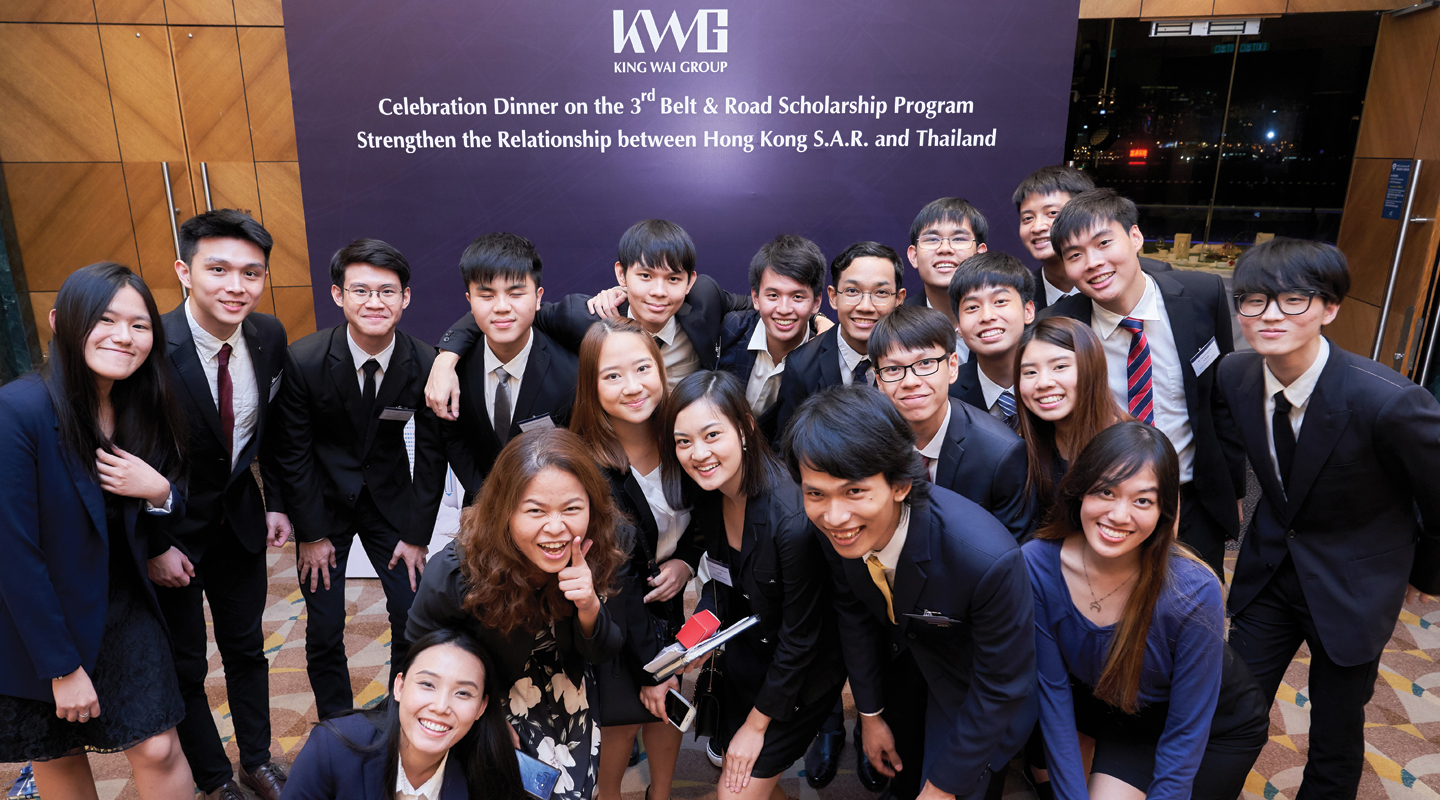To qualify for the Belt and Road Scholarship in Hong Kong, you must meet specific nationality, academic, language, and financial need criteria, and complete the application process.
Table of Contents

Eligibility Criteria
Nationality Requirements
The Belt and Road Scholarship in Hong Kong is specifically designed for students from countries that are part of the Belt and Road Initiative. To qualify, you must be a citizen of one of these countries. Dual citizens may also apply, provided one of their nationalities is from a Belt and Road country.
Academic Qualifications
The scholarship places a strong emphasis on academic excellence. Candidates must have:
- A minimum GPA of 3.0 or equivalent
- Completed high school with good grades in relevant subjects for undergraduate scholarships
- A Bachelor’s degree with at least upper second-class honors or equivalent for postgraduate scholarships
Applicants for research programs must also provide evidence of prior research experience, including published papers or projects.
Language Proficiency
A strong command of the English language is essential for the scholarship. The scholarship board typically requires:
- An IELTS score of 6.5 or above
- A TOEFL score of 90 or above
- Other recognized English proficiency tests may also be considered
Financial Need
While the Belt and Road Scholarship aims to foster academic talent, it also considers financial need. To be eligible, you must:
- Complete a Financial Needs Assessment Form
- Provide evidence of family income
- Submit any additional documents that prove financial hardship, such as medical bills or unemployment certificates
Application Process
How to Obtain the Application Forms
You can obtain the Belt and Road Scholarship application forms from the official websites of participating universities in Hong Kong. Additionally, some institutions provide downloadable PDF forms, while others have an online application portal. Ensure you choose the correct form corresponding to the level of study (undergraduate, postgraduate, etc.).
Required Supporting Documents
Furnishing complete and accurate supporting documents is a crucial step in the application process. Typical required documents include:
- Academic transcripts and certificates
- Letters of recommendation from teachers or employers
- A Statement of Purpose or Personal Essay
- Evidence of English language proficiency
- Financial Needs Assessment Form
- Copies of your passport and any relevant visas
Remember to double-check the specifics for each university, as some may have unique requirements.
Submission Deadlines
Submission deadlines for the Belt and Road Scholarship can vary between universities and courses, but generally, applications must be submitted between November and February for the academic year starting in September. Be sure to confirm exact dates on the university’s website and mark these deadlines in your calendar to avoid last-minute stress.
Interview Process
After reviewing applications, the scholarship committee will shortlist candidates for interviews. These may be conducted in-person, via phone, or through online platforms like Zoom or Skype. The interview will assess your:
- Academic competencies
- Language skills
- Understanding of the Belt and Road Initiative
- Career goals and ambitions

Funding Details
Tuition Coverage
The Belt and Road Scholarship offers full or partial tuition coverage, depending on the specific scholarship you receive. Here are the main points to consider:
- Full Tuition Scholarship: This covers 100% of your tuition fees for the entire course duration.
- Partial Tuition Scholarship: This covers a specified percentage of your tuition, often between 50% and 75%.
Make sure to read the fine print to understand what’s included and what’s not, such as lab fees, or other specific university charges.
Living Expenses
Living expenses are another major consideration, especially for international students unfamiliar with the cost of living in Hong Kong. Some scholarships offer:
- Monthly stipends to cover living expenses like rent, food, and transportation
- One-time settling-in allowances for items such as furnishings or initial grocery shopping
Not all Belt and Road Scholarships provide living expense coverage, so you might need to look for other sources of funding or part-time work opportunities to sustain yourself.
Other Benefits
In addition to tuition and living expenses, the scholarship might offer other benefits like:
- Coverage for academic materials such as textbooks and software licenses
- Health insurance subsidies or full coverage
- Opportunities for research grants or study trips
Selection Process
Evaluation Criteria
The selection committee uses multiple criteria to evaluate each application for the Belt and Road Scholarship. Key aspects include:
- Academic Excellence: A strong academic track record is crucial, usually demonstrated through GPA, test scores, and subject-specific excellence.
- Language Skills: Your level of proficiency in English, as evidenced by IELTS, TOEFL, or other tests, will also be considered.
- Understanding of the Belt and Road Initiative: Essays, interviews, and possibly subject-specific tests could be used to gauge this.
- Financial Need: Evidence of financial hardship may also be considered, especially if you’ve filled out the Financial Needs Assessment Form.
Notification and Announcement
Successful candidates typically receive notifications via email, although some universities may also use phone calls or postal mail for important announcements. Timing for the notifications can vary, but they usually occur between May and July for the academic year starting in September. Ensure you check your email regularly and keep an eye out for calls from unknown numbers during this period.
Acceptance and Enrollment
Once you receive a scholarship offer, you will have a set period to accept it. This often involves:
- Signing and returning an acceptance letter
- Completing any final paperwork, like visa applications if you’re an international student
- Confirming your enrollment in the designated university program
- Arranging housing, either through university accommodations or independently

Obligations and Responsibilities
Academic Performance
Maintaining a high level of academic performance is one of the primary responsibilities as a Belt and Road Scholar.
- Maintain a minimum GPA, usually around 3.0 or its equivalent
- Pass all subjects with no failures or retakes
- Participate actively in class and engage in academic discussions
Failure to meet these academic standards could result in the termination of the scholarship and possibly require you to refund any monies received.
Ethical Conduct
Ethical conduct encompasses a wide range of behaviors, both in and out of the classroom.
- Abide by all university rules and regulations
- Treat faculty, staff, and fellow students with respect
- Refrain from any form of academic dishonesty, such as plagiarism or cheating
- Act as an ambassador for the Belt and Road Initiative, representing the scholarship program in a positive light
Infringements on ethical conduct guidelines can also lead to scholarship revocation.
Reporting Requirements
Scholars are generally required to submit periodic reports to maintain their scholarship. These reports usually include:
- Academic transcripts
- Financial statements, to affirm continued financial need if applicable
- Any change in personal circumstances affecting eligibility, like obtaining another scholarship or changing courses
- Participation in community or extracurricular activities related to the Belt and Road Initiative

